For some time now, there has been a growing fear that the 2020 Coronavirus outbreak could have more of an economic shock than we expected.
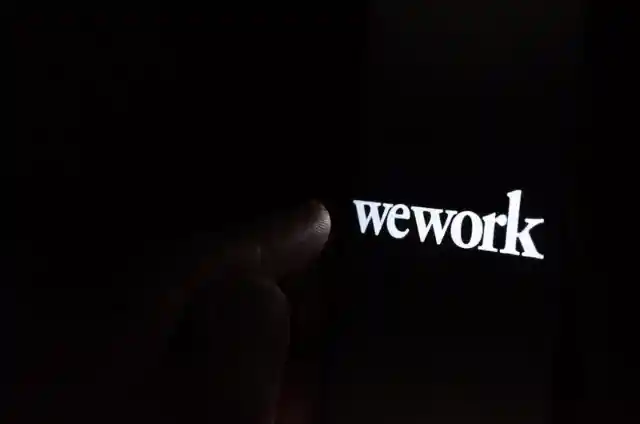
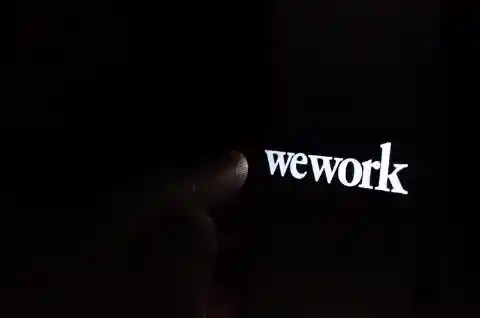
Platforms that many would have assumed could be safe or at least protected to some degree from the COVID-19 outbreak have started to show worrying signs of lasting damage.
While many industries that are customer-facing have been impacted heavily, it’s in other areas where the threat could become most prominent.
A fine example of this has come from WeWork.
Getting into ‘Deep Clean’ Mode
WeWork is a hugely popular platform, but from the moment people first turned up with symptoms of COVID-19 in the Waterloo offices of the platform, fear started to rise and spread.
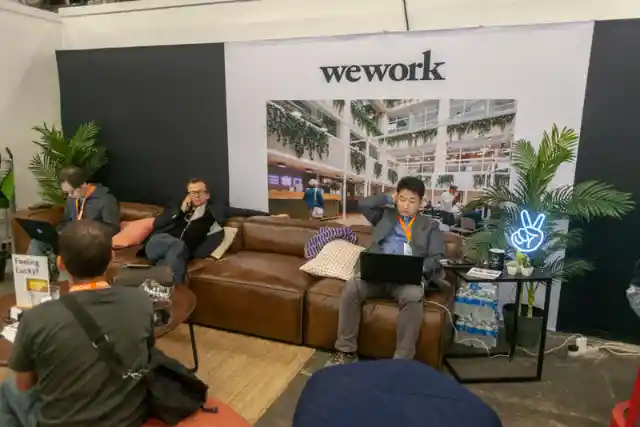

With locations across the USA and beyond, the company went into ‘deep clean’ mode and got all of its offices thoroughly hosed down. Before long, though, it started to become clear that one person infected was multiplying into many, many more people.
WeWork is a major commercial real estate company that has provided shared workspaces for companies for some time. With over 4 million square miles of space, they are one of the largest companies in the world for shared space and accommodation.
However, with news that the company is struggling with the outbreak of COVID-19, there are fears that it might come to a crashing halt.
Despite reassuring staff that it has access to ‘billions of dollars in debt’, there is a real fear that WeWork might cease to be. With many companies shifting almost overnight to working from home, the concept of having a shared office space isn’t quite as attractive as it was a few short weeks ago.
Given they have over 730 locations and 660,000 members worldwide, this could have seismic impacts.
Small Changes Might Not be Enough
Despite halting things like barista and breakfast services, as well as the suspension of all events globally, things are moving at a rapid pace for the company. Some of its employees are able to work from home, too, which could help stem the flow a touch.
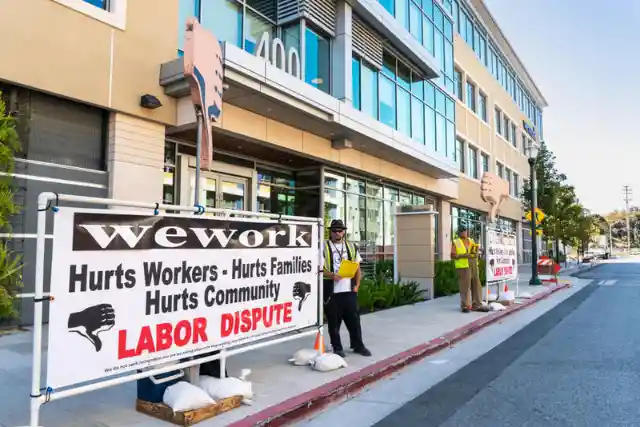
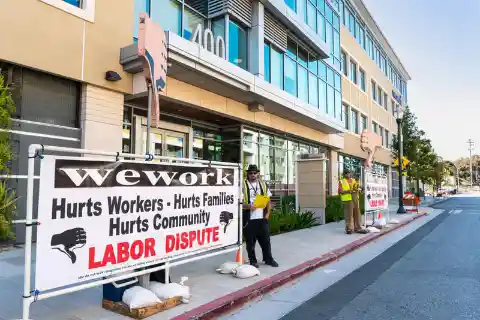
They’ve been trying to stay in line with the ever-changing guidance from the major health bodies, including local government objectives. However, it’s not looking like this is going to be enough to help limit the impact.
Many workers are seemingly avoiding WeWork massively, with some people describing it in pretty stark terms. Indeed, one tech-consultancy firm in Brooklyn estimated just 8 people had turned up on a floor normally aimed at having around 100 people.
Make no mistake - this is looking like a crisis for the entire company.
With around 28% of its users running on a monthly lease, it’s easy for a good portion of WeWork users to get out when the going gets tough. That’s going to hit their financial position, though, so what about those who are on the longer-term leases – the 15-year average leases that many companies are taking with WeWork?
With many on deals as long as one year and some in the 15-plus year range for their lease, it’s clear that some companies are going to take their chances and avoid being in large public places.
Many people are trying to get out of their leases early, too, according to reports online – with WeWork not exactly being accommodating in ending leases early.
Understandably so, too; this would be the final nail in the coffin if they were to start shedding the long-term lease projects which are the lifeblood of the company.
A Sign of the Times
Head back in the not too distant future, and this was a company that was valued at a whopping $47bn. They spent like a company with a net worth like that, too.


From flying employees in their thousands for a massive party in England to lashing $60m on a Gulfstream G650, this was a company that had the funds to back up its extravagance and its decadence. Now, though? That might be about to change.
The company has gone through a rapid up and down change, with filings before the non-IPO, the company was not in a good position. It was noticing massive losses, with losses of some $1.25bn in the third quarter of 2019 alone. So, heading into 2020, the company was not on an even footing at all.
With no financial information released since the first three quarters of last year, which saw a loss of $2.6bn on revenue of $2.4bn, it was clear things were not in a good place at all.
The company was actually recently seeing its bonds trade at a level of 65 cents on the dollar; roughly seen as a level that companies who are close to defaulting on interest payments will reach. So, the red flags were there for a long time.
The arrival of a viral spread like COVID-19 has only helped to put the brakes on what was already a company that appears to have been hitting the skids.
And with many investment forms, such as SoftBank, no longer being linked with initiating a bailout, there is precious little money on the table for companies in a position like WeWork.
With the markets as unstable as they are likely to be for some time too, the future does not look especially positive for this once titan of the industry.
So, What Happens Now?
It really is hard to say – the numbers, though, don’t exactly paint a rosy picture of the future to come.
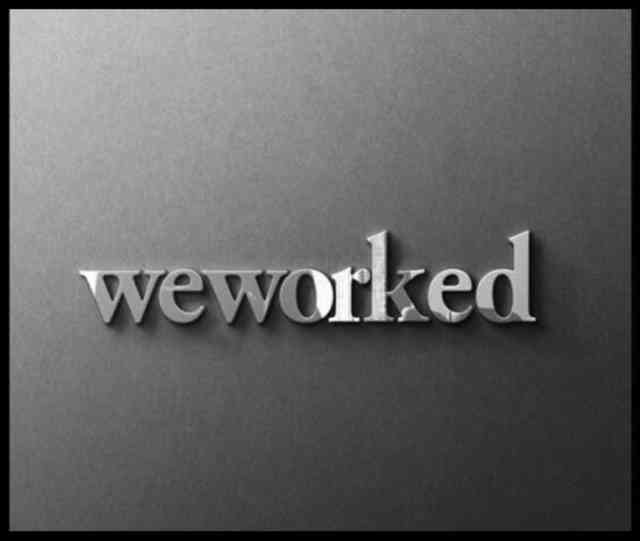
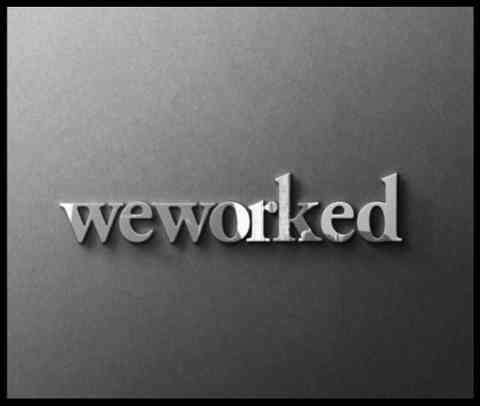
The company has been a backbone for many companies for starting up and building their business, but that might be about to change in the future.
With such unsteady futures around business office spots, and most people choosing to work from home and only heading out in the most specific of emergencies, WeWork might have a troubling future ahead of it.
It’s hard to say for sure, but with so much uncertainty in the financial world, this only goes to show that even companies seen as impregnable like WeWork could be in trouble.